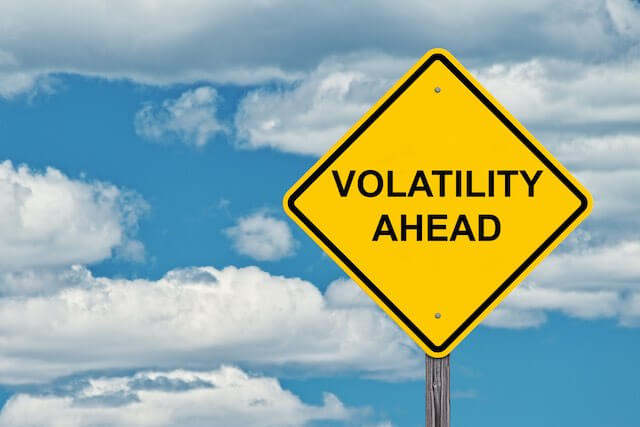It is very easy to be greedy when the market has record highs. When everything is going up, it is so easy to listen to the water cooler talk and double down on the C, S, and I funds in the Thrift Savings Plan.
When the market is going down however, it is a very different picture. It turns the once greedy investors into nervous ones.
This seems completely understandable. Federal employees generally have most of their life savings in the TSP and running out of money in retirement is a scary thing.
But we have to remember the advice of one of the greatest investors of all time, Warren Buffet. He said that we should “be fearful when others are greedy and greedy only when others are fearful.”
This quote teaches us a valuable lesson. The market going down is actually a great thing for those that have a while until they retire. This allows them to buy when prices are low and see more growth over the next few years. So if you have some time before your retirement you should take advantage of the opportunity. For some people this means investing more aggressively because they were being too convservative. For others, this means holding fast to their long-term investment plan and not moving everything to the G fund.
When people get into trouble is when they are investing too aggressively as they approach retirement. One of the worst things you can do when the market goes down is to sell. This locks in your loss.
Most people rely on at least some portion of their TSP to support them in retirement. If they don’t have any other savings to get them through the down years then they will be forced to sell when the market is relatively low.
Most people should get more conservative as they approach retirement so that they don’t experience the larger peaks and valleys in their portfolios. It won’t earn as much as an aggressive portfolio, but it will provide some much needed security.
All that being said, these are just general principles and may not apply to everyone. You have to look at your personal situation to decide what makes sense.
For example, I have some clients who have enough fixed retirement income (pension, Social Security, etc.) to cover all of their living expenses in retirement. That means that they really don’t need much, if any, of the TSP every year. This allows them to be able to invest more aggressively than others their age because they aren’t relying on it for income.
You have to take a hard look at your personal finances and situation to make sure you are using a strategy that makes sense for you.
Market downturns can give us all a much needed reality check to make sure we are investing with our long-term goals in mind. For some, it is just a matter of riding it out. For others, it can be a great reminder to “be fearful when others are greedy and greedy only when others are fearful.”



